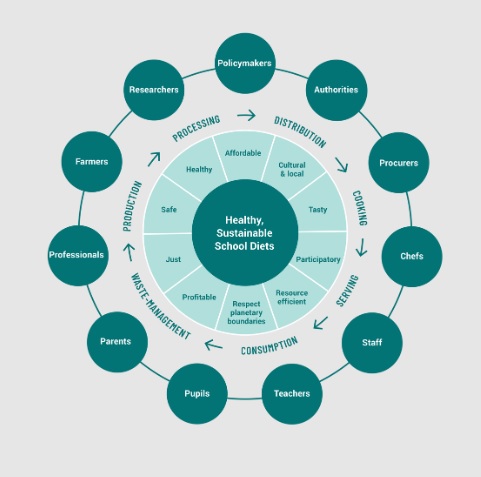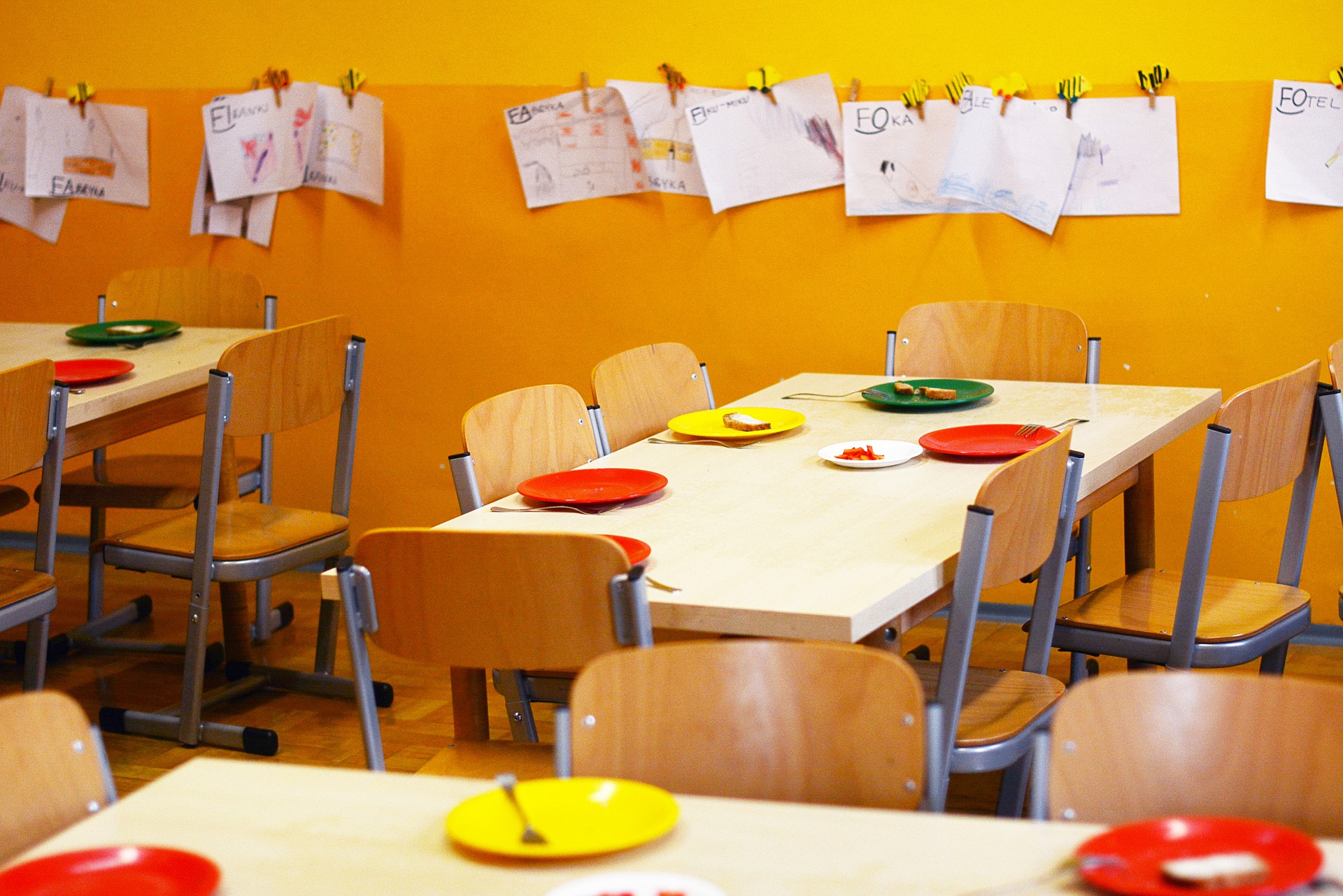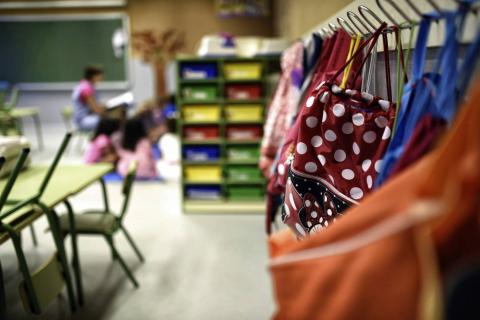In Spain, almost one million households - representing a total of 2.5 million people - have had to reduce their food intake due to lack of resources. A person is food insecure when they lack regular access to sufficient, safe and nutritious food for normal growth and development, and for an active and healthy life, according to the FAO.
Thanks to a study by the University of Barcelona and the Daniel and Nina Carasso Foundation carried out across Spain, we know that in July 2021, 13.3% of households and families in Spain were food insecure, and that more than six million vulnerable individuals, children and families did not have adequate food, not even one meal a day.
In Spain, severe food insecurity has doubled since the start of the covid-19 pandemic. This study showed that the right to adequate food is not guaranteed in our country and that we are far from achieving Sustainable Development Goal 2: zero hunger.
Severe food insecurity in Spain has doubled since the start of the covid-19 pandemic
In addition to poor nutrition, another serious public health problem is childhood obesity. The health of the world's children and young people needs to be studied, understood and prevented. Childhood obesity is a worldwide epidemic that can greatly affect the physical, psychological and social health and development of society in the present and future.
Data from the Gasol Foundation's PASOS study on childhood obesity in Spain showed that 14.2% of the child and adolescent population suffers from this problem. In fact, the prevalence of childhood obesity has increased in the last two decades.
And this is not only happening in Spain. The United Kingdom is another European country with a high prevalence of childhood obesity linked to poor diet and high levels of social inequality. A study of 3,000 children in the UK published this summer showed that 64% of calories in meals provided in school canteens came from ultra-processed foods, contributing to the consumption of high levels of processed foods and increasing the risk of childhood obesity.
The case of school canteens
Today we understand food within the concept of complex food systems that unite a perspective not only of health, but also of social and ecological sustainability of that system from production to distribution to consumption.
The school food systems of our children and adolescents offer promising spaces for improving their diet and health with a special focus on the sustainability of food production, distribution, preparation and handling. School food systems interventions can range from food subsidies and taxes to providing healthy and sustainable meals and improving the school food environment. Schools can become catalysts for systemic and multi-stakeholder change.
School feeding system interventions can range from food subsidies and taxes to the provision of healthy and sustainable meals
Children and young people spend most of their days at school, making it not only a place for learning, but also for eating and socialising. The European School Food For Change (SF4C) project combines all these elements to have a long-term positive impact on school canteens in Europe. This four-year EU-funded project aims to redefine what it means to eat healthily and sustainably at school, while addressing food education at various levels. SchoolFood4Change involves multiple actors; chefs, caterers and public purchasers at city level and aims to create a real ripple effect, impacting up to two million citizens in the 12 participating EU countries.
In line with the EU Farm to Table Strategy and the UN Sustainable Development Goals, the project develops innovative solutions and good practices for schools, school meal providers, responsible authorities and policy makers (see Figure). To achieve the ambitious goal of achieving a change in the school food system, the 43 partners involved in SF4C follow a holistic, multi-level approach: this involves the development of innovative and sustainable food procurement criteria and methods, the promotion of diets and cooking for planetary health, and the introduction of a holistic school feeding approach.

What can we do to improve school feeding?
European, national and regional administrations are making progress in the concept of guaranteeing adequate health and nutrition for children. For example, in the city of Barcelona, the Health Consortium and the Public Health Agency are implementing the project Menjadors escolars Més Sans i Sostenibles -MEMSS- (Healthier and More Sustainable School Canteens). This project promotes healthier and more sustainable child nutrition both at school and at home.
It proposes school menus with less red or processed meat and more vegetable protein, and promotes local and seasonal products. The proposal also aims to incorporate more salad as a side dish and fresh fruit for dessert, and insists on the importance of using olive oil for dressing and cooking, as well as offering wholemeal products.
Providing at least one healthy and sustainable meal to our entire child and youth population should be an achievable goal for our society
At European level, in order to combat food insecurity, protect the health of the most vulnerable and prevent child obesity, measures have been included throughout Europe, in the Child Guarantee Plan, to ensure that schools offer at least one healthy meal a day, with a special focus on children living in poverty or at risk of social exclusion.
Spain was one of the seven EU countries where an in-depth study was carried out, in which we from the University of Alcalá participated, on the basic services of education, health, nutrition and housing in equal conditions to combat child poverty and its consequences.
Therefore, both data and scientific evidence show that school canteens, within school food systems, are fundamental to improve the diet and health of children and young people and that they must always include a perspective of equity to protect child nutrition as a fundamental human right.
Providing at least one healthy and sustainable meal to our entire child and youth population should be an achievable goal for our society.




